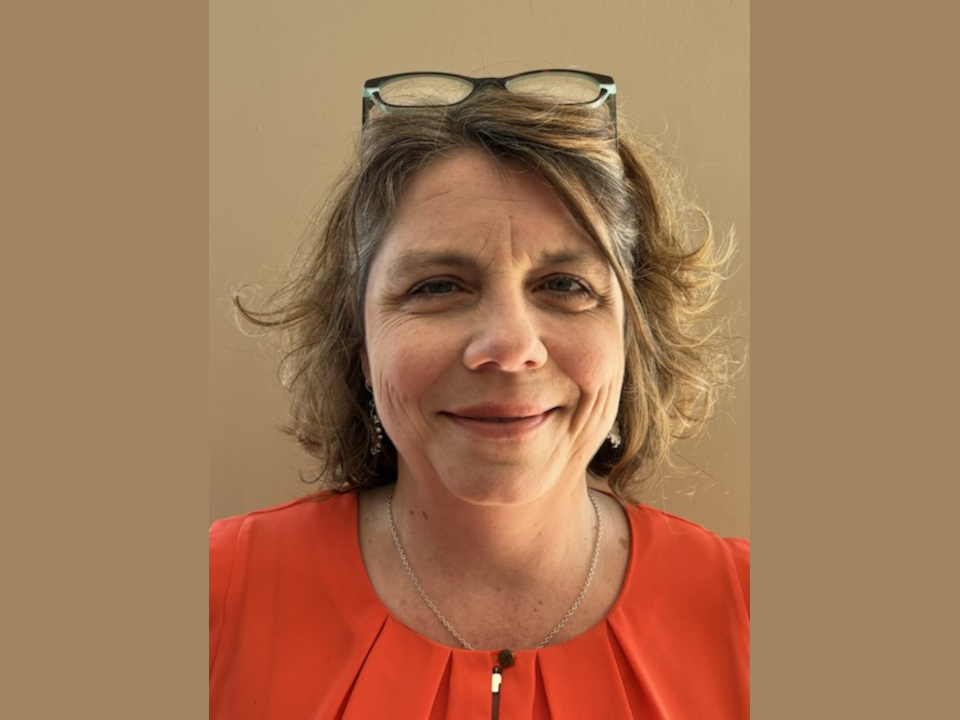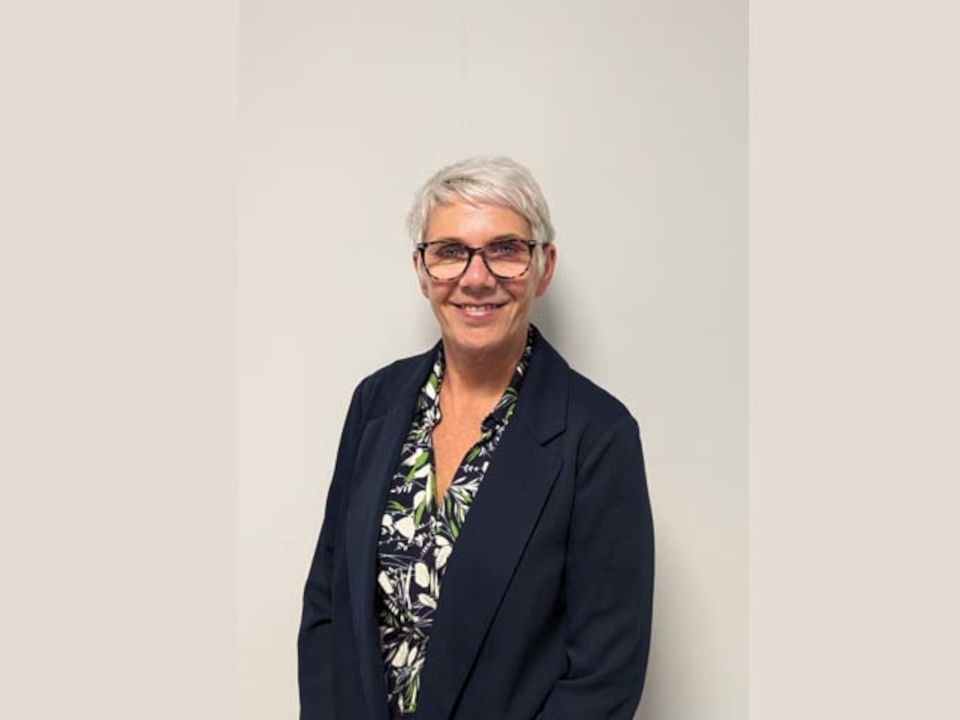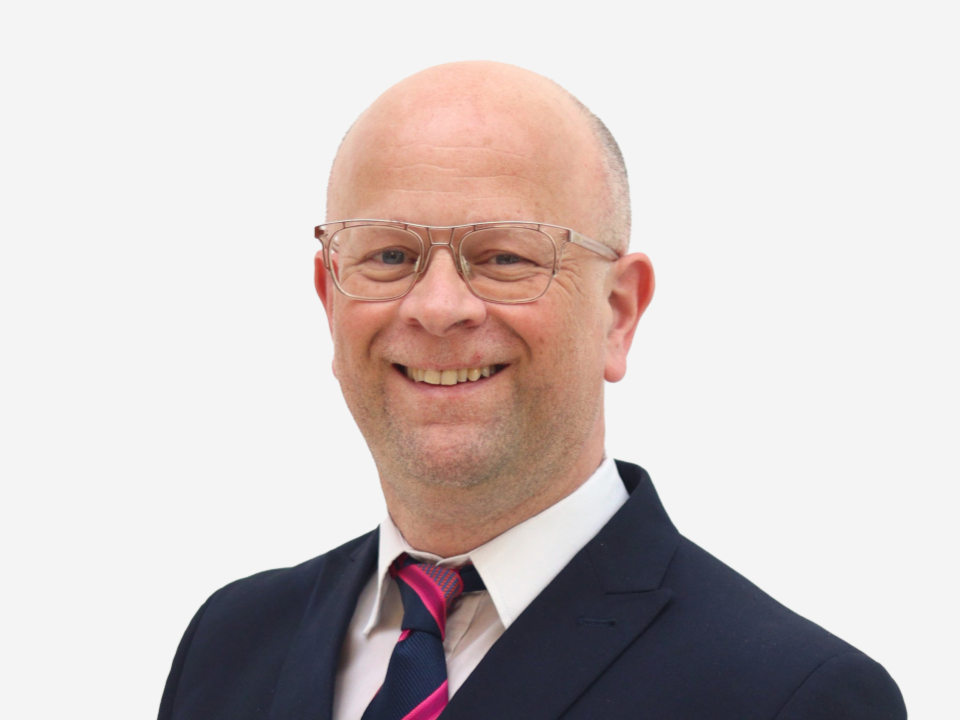
Colette Dutton
North West Regional Chair
Director of Children's Services for Wigan Council
With my diary slightly quieter over the summer, I have had time to pause and reflect on the huge amount of activity we have going on here in the North West and the opportunity to prepare for what promises to be a very busy autumn.
Starting a couple of years ago now, and in response to suggestions that the North West could pilot an ‘improvement guru’ – in part, due to some disappointing inspection outcomes – we argued hard that we could do it ourselves! We knew that we had the expertise, experience, and ability to self-improve, however, possibly lacked the capacity to draw all of this together and, at the same time, look up and out.
Fast forward to today, and I am really proud that we are pioneering a collaborative and ambitious approach to self-improvement in children’s services. Through the North West Regional Improvement Plan Pilot (NW RIPP) and the establishment of the Greater Manchester Regional Care Co-operative (RCC), we are building a system that is not only responsive to current challenges but also proactive in shaping a better future for children and families.
The NW RIPP brings together 24 local authorities under a single, unified improvement plan. This marks a significant shift from previous fragmented efforts to a region-wide strategy that is co-produced with strategic partners, parents, and young people. The creation of the North West Children’s Regional Innovation and Improvement Board has streamlined governance, enabling strategic decision making across social care and SEND improvement activities. From DCS leads to social workers and project managers, this is a region-wide effort with passionate leaders from across the patch all working together to make a difference.
Our work is structured around four key workstreams, each led by a director of children’s services:
- Partnerships: Strengthening multi-agency collaboration through thematic reports, strategic conferences, and the launch of the Multi-Agency Safeguarding Learning and Support Hub – the first of its kind nationally.
- Workforce: Enhancing recruitment, retention, and development through initiatives like the Team Manager Programme, Return to Social Work, and the North West Workforce Strategy 2035.
- Sufficiency: Tackling the placement crisis with innovative training programmes such as Step Into Residential Care, developed in partnership with colleges and care-experienced young people.
- Social Work Model: Embedding evidence-based practice through regional conferences, communities of practice, and the North West Social Work conversation podcast series.
In addition to the RIPP, we also have the RCC pathfinder in Greater Manchester, exemplifying how collaboration can start to address systemic challenges like sufficiency. With a robust governance structure and trusted relationships across stakeholders – including health, police, voluntary sector, and young people – the RCC is facilitating targeted learning, market shaping, and workforce development. Its performance platform enables data-driven decision making, helping local authorities develop robust sufficiency strategies and action plans. By having a shared regional platform, we can see the bigger picture – trends, costs, outcomes – and make smarter decisions together.
Looking ahead, and with an enhanced budget of £2.5 million for 2025-26, the NW RIPP is scaling up its delivery team and deepening its impact. Evaluation of the pilot will begin in October 2025, assessing outcomes, governance, and value for money. The region remains committed to collectively learning, adapting, and improving; I don’t think I could have picked a more exciting two years to be our regional chair!




